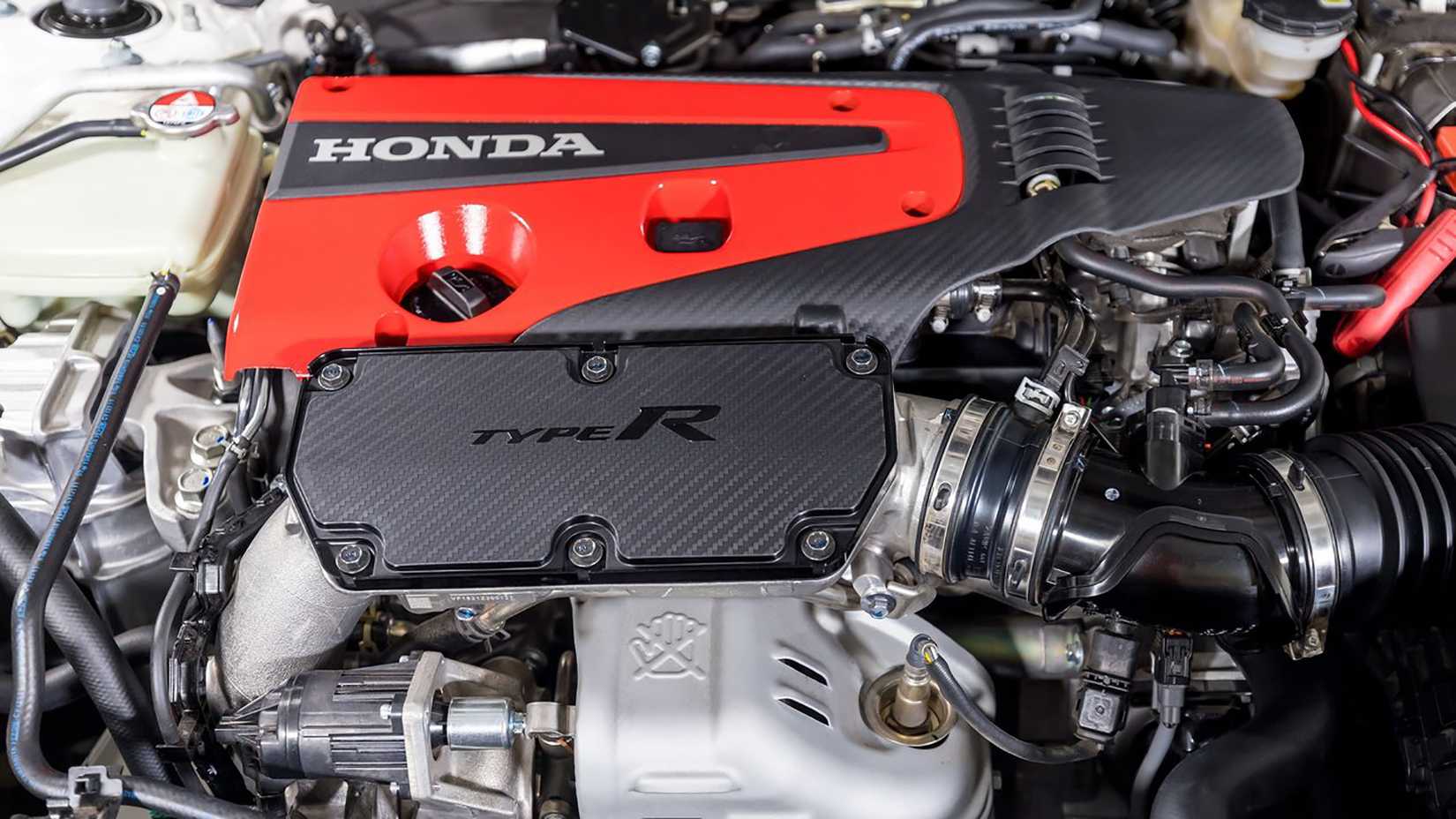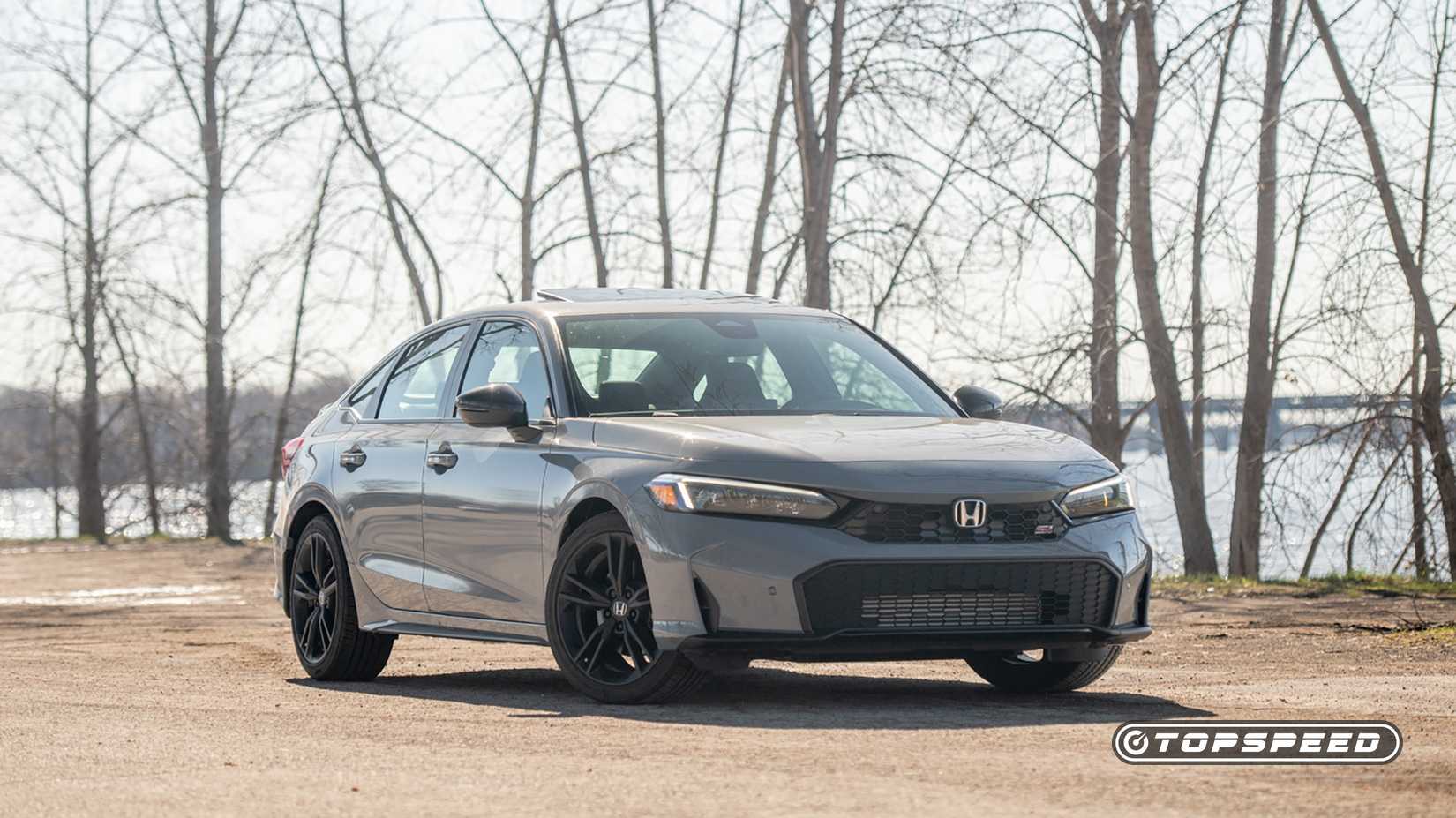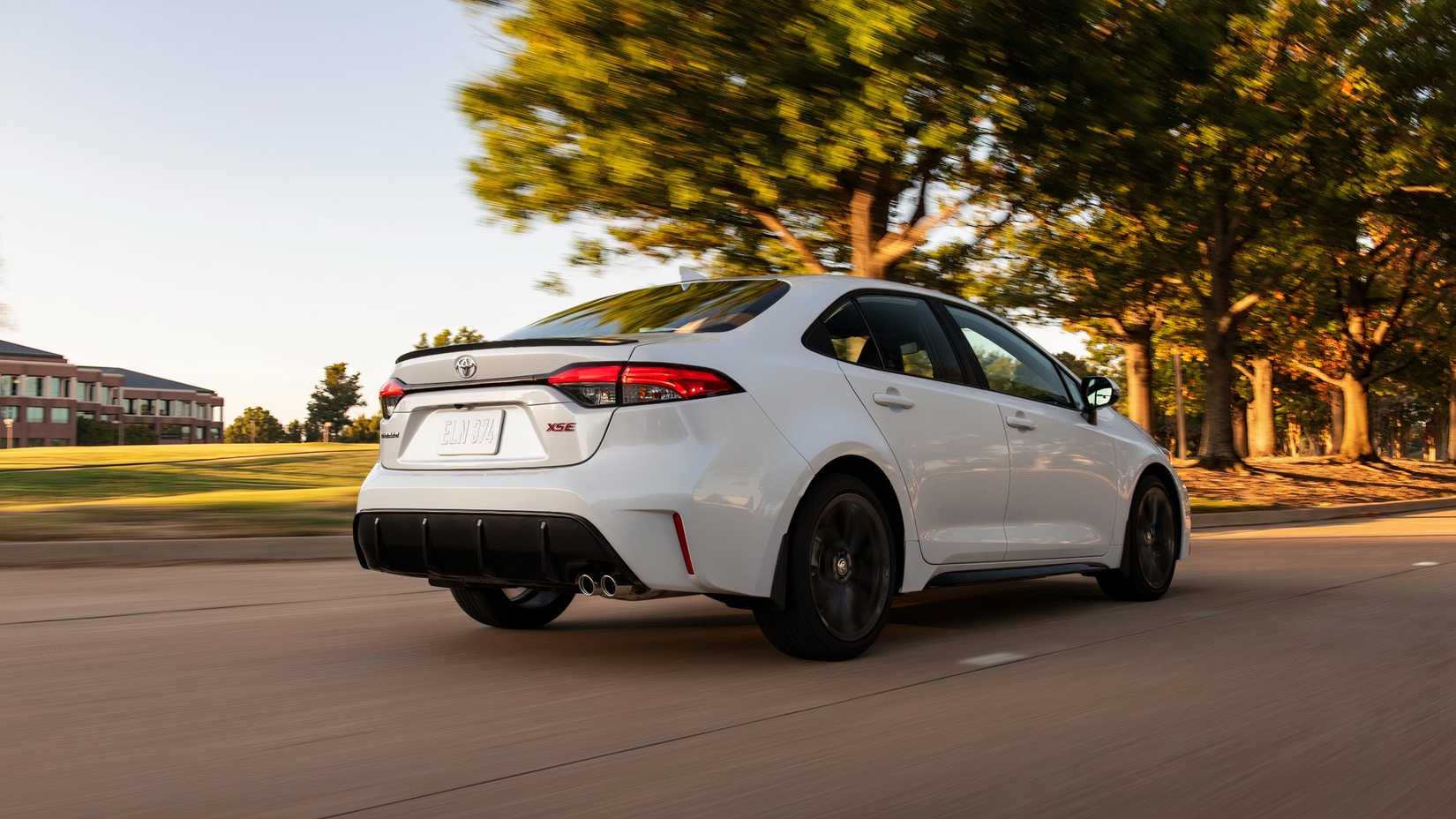When it comes to small, affordable cars, two brand names stand out among the rest: Toyota and Honda. Both automakers have garnered loyal followers through the years thanks to their reputation for reliability, value, and everyday practicality. And while SUVs and crossovers have nearly completely overrun the market, there is still a case to be made for small cars.
However, if you’re in the market for a compact sedan or hatchback, you may be wondering which brand you should choose. In this guide, we will break down how small Toyota and Honda cars compare in price, performance, comfort, safety, and overall ownership experience to help you decide which one best fits your budget and your needs.
In order to give you the most up-to-date and accurate information possible, the data used to compile this article was sourced from various manufacturer websites and other authoritative sources, including Kelley Blue Book, Edmunds, and J.D. Power.
Why Compare Small Toyota and Honda Cars?
Honda and Toyota have long been rivals in the market, but they also have been two of the most trusted names in affordable, small cars. Whether you are a daily commuter, a student, or someone who wants a reliable daily driver, Toyota and Honda have built compact sedans and hatchbacks, like the Yaris and the Fit, that have dominated the new and used market for decades. Comparing these two help buyers hone in on which brand best matches their needs and driving style.
Reliability and Reputation
Both Honda and Toyota have earned strong reputations for building cars that last. Both automakers have been in the top five of the most reliable brands, according to Consumer Reports, and both received a four-out-of-five-star rating from Repair Pal. Ratings aside, Toyota tends to lean more toward proven, conservative engineering with a focus on low-maintenance costs, while Honda tends to add a bit more driving excitement without sacrificing dependability.
Price and Value for Money
Two other key factors to consider when it comes to choosing between these two brands are price and value. Both brands have always been known for pricing their vehicles below the competition while providing a quality product, which inherently gives them a high value in the marketplace. Additionally, the vehicles’ proven reliability helps them retain their values over time.
Purchase Price and Incentives
When it comes to purchase price, Toyota often comes in slightly lower on entry-level pricing, while Honda sometimes offers stronger financing or lease deals. Shoppers should check local incentives when shopping for a vehicle from either brand, as they can make a big difference.
Resale Value
Both brands hold their value exceptionally well, but Toyota generally leads in long-term resales thanks to its reputation for bulletproof reliability. However, Honda isn’t too far behind, as most of its vehicles, like the Civic and Accord, typically hold their values well over time, even up to around 50 percent after five years of ownership. Kelley Blue Book has consistently placed Honda and Toyota vehicles in the top 10 of their “Best Overall Resale Value” lists for many years on a consecutive basis.
Performance and Efficiency
Performance may not be the first thing to consider when it comes to small cars, but it’s where Toyota and Honda begin to diverge. Honda has built its reputation on responsive handling and engines that feel lively, even in entry-level terms. Toyota, on the other hand, offers a smoother, more predictable driving experience and class-leading hybrid options that emphasize efficiency.
Engine Options and Driving Feel
Honda typically offers engines with more punch, while Toyota provides dependable, easy-to-drive setups designed for everyday comfort. For instance, the current Honda Civic Hybrid offers 200 horsepower and sharp steering and handling characteristics, while the equivalent Toyota Corolla Hybrid produces 138 horsepower with a more tepid driving behavior.
Fuel Economy
Toyota has long been the gold standard when it comes to fuel efficiency, thanks to cars like the Prius, but Honda has worked its way up the ranks as of late. The current Civic Hybrid is able to get up to 50 mpg in the city, which bests the entry-level Corolla Hybrid.
|
Vehicle |
2025 Honda Civic Hybrid |
2025 Toyota Corolla Hybrid |
2025 Honda Civic LX |
2025 Toyota Corolla LE |
|
City/Highway mpg |
50/47 |
47/41 |
32/41 |
31/41 |
|
Horsepower |
200 hp |
138 hp |
150 hp |
169 hp |
|
Torque |
232 lb-ft |
Unpublished |
133 lb-ft |
151 lb-ft |
Interior Comfort and Features
Inside, Toyota focuses on user-friendly simplicity, while Honda tends to deliver more cabin space and clever packaging. Both brands have stepped up in recent years with modern infotainment systems, soft-touch materials, and driver-focused technology, making even their smallest cars feel more premium than before.
Cabin Space and Practicality
When it comes to interior space, Honda typically leads the way in the small car segment. Honda cars, like the Civic and Fit, maximize every inch of interior space, often leading the segment in passenger and cargo room. Toyota interiors are a bit more conservative but feel sturdy and functional. Although not as roomy, Toyota’s lineup often emphasizes straightforward functionality and comfort.
Infotainment and Tech
Toyota’s new infotainment interface is easy to use and integrates seamlessly with Apple CarPay and Android Auto. Honda’s infotainment feels more driver-centric, often offering larger screens and premium sound options. Both brands typically include Apple CarPlay and Android Auto compatibility in their base trims, while higher trims often add features like larger touchscreens, wireless smartphone integration, and premium audio systems from JBL or Bose.
Safety and Reliability
Safety has become a key selling point for both Toyota and Honda. Each brand equips its cars with advanced driver-assist features as standard, and crash test scores are consistently strong. Long-term dependability is another big factor, with Toyota having a slight edge, though both are among the best in the industry.
Crash Test Ratings
Both score high in IIHS and NHTSA tests, offering peace of mind to safety-conscious buyers. Toyota vehicles, like the Camry and Prius, often get awarded with a Top Safety Pick + award from the IIHS, as do some Hondas, like the Civic and Accord. In recent evaluations by the National Highway Traffic Safety Administration (NHTSA), recent versions of the Toyota Corolla and Honda Civic both earn a five-start overall safety rating, reflecting excellent protection in frontal, side, and rollover crashes.
Long-Term Dependability
Toyota tends to rank slightly higher in dependability studies, though Honda’s reliability is still well above average. Both brands consistently rank among the most dependable automakers in studies from J.D. Power, Consumer Reports, and other outlets. Toyota often comes out slightly ahead, thanks to its conservative approach to engineering, while Honda has historically been more willing to innovate, which sometimes introduces more complexity to its cars.
Popular Small Toyota And Honda Models Compared
For most buyers, the decision between these two brands boils down to comparing individual models. The Toyota Corolla versus Honda Civic is one of the most enduring rivalries in the automotive world, while the discontinued Toyota Yaris versus Honda Fit still sparks debates among used-car shoppers. Looking at these head-to-head highlights each brand’s strengths.
Toyota Corolla vs Honda Civic
The Toyota Corolla and Honda Civic have been rivals for decades, and both represent the best of what small Japanese cars have to offer. The Corolla has always had the reputation for being a dependable choice, with low maintenance costs, excellent fuel economy, and strong resale value. Toyota also currently offers a Corolla Hybrid, which delivers over 50 mpg and is one of the most-affordable hybrid sedans on the market. While the Corolla’s driving dynamics are traditionally more relaxed, recent models have improved steering and handling, making it more enjoyable than older versions.
The Honda Civic, on the other hand, is designed with drivers in mind. Its engines feel more responsive, and the chassis delivers sharper handling and a more engaging drive. Inside, the Civic tends to feel more upscale, with higher-quality materials and a driver-focused layout. It also comes in a wide variety of trims, from the efficient Civic LX to the sport Civic Si and high-performance Type R.
For buyers who want a small car that doubles as a fun daily driver, the Civic is usually the better pick between the two. But for those looking for maximum reliability and hybrid efficiency, the Corolla could be a better choice.
Toyota Yaris vs Honda Fit
While both models have been discontinued in the U.S., the Toyota Yaris and Honda Fit remain popular on the used-car market. The Yaris is the simpler of the two, offering excellent fuel efficiency, affordable ownership costs, and a reputation for durability. Its compact size makes it ideal for city driving and easy parking. However, the Yaris has always been on the smaller side when it comes to interior space, which can be limiting for passengers and cargo.
The Honda Fit stands out as one of the most versatile small cars ever made. Thanks to Honda’s clever “Magic Seat” system, which allows the rear seat to flip and fold for multiple seating and cargo configurations, allowing it to carry tall items, fold completely flat, or seat four adults comfortably despite its compact footprint. The Fit also feels surprisingly nimble, with light steering and a peppy engine that makes it more fun to drive than its small size suggests.
Ultimately, the Yaris is best for buyers who prioritize simplicity, efficiency, and rock-bottom running costs, while the Fit is a great choice for who want maximum practicality and clever cargo configurations in a small car.
|
Vehicle |
2020 Toyota Yaris |
2020 Honda Fit |
|
Engine |
1.5-liter four-cylinder |
1.5-liter four-cylinder |
|
Horsepower |
106 hp |
128 hp |
|
Torque |
103 lb-ft |
113 lb-ft |
|
Transmission |
6-speed automatic |
CVT |
|
Interior volume |
99.4 cubic feet |
112.3 cubic feet |
|
Fuel Economy (city/highway) |
32/40 |
33/40 |
Which Small Japanese Car Should You Buy?
Ultimately, choosing between Toyota and Honda comes down to priorities. Toyota is the safer bet for buyers who want maximum value, long-term dependability, and outstanding hybrids. Honda is the better choice if you want a small car that feels more engaging to drive and has a slightly more premium feel inside. Either way, both brands deliver on the promise of affordable, dependable transportation.
Best Pick for Value Seekers
The Toyota Corolla Hybrid is hard to beat if you want low running costs and excellent reliability. It also won’t break the bank with upfront costs as the Corolla Hybrid LE has a starting price of $24,575, compared to the Civic Sport Hybrid’s $29,295 price tag.
Best Pick for Driving Enthusiasts
The Honda Civic remains the small car of choice for those who want something fun, efficient, and practical all in one. Whether you choose the commuter-friendly Civic Hybrid or the fire-breathing Honda Civic Type R, the Civic will give you the driving enjoyment you crave without making your wallet cry at the pump.












